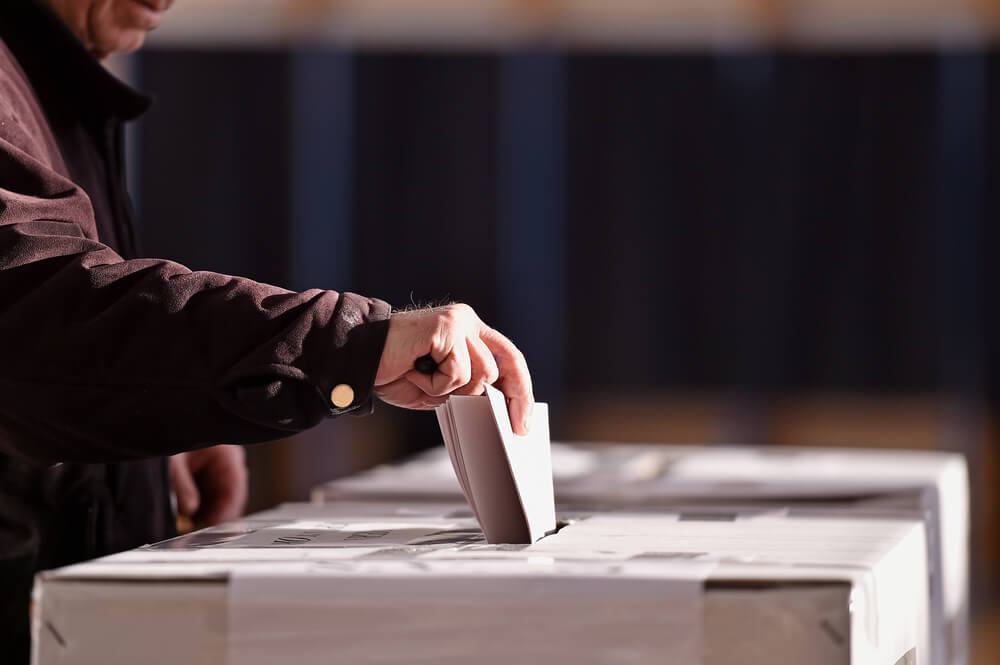As midterm elections approach in just two weeks, Catholics in America are once again faced with very difficult decisions. It’s important for us to vote, but discerning which candidates we will vote for isn’t an easy process. Msgr. Stuart Swetland, host of Go Ask Your FatherTM, recently shared this insight with a caller who worried about which candidates and political parties are most in line with Catholic teaching:
“This always creates controversy but it’s the truth: Catholic social teaching is very clear about many things, and many of those things put us out of tune with both political parties. We believe in the right to life of every preborn child, we don’t make exceptions, and none of the parties embrace that. Even the party that tends to be against abortion has numerous exceptions in their plank. So … on life issues and some other issues, family issues, we are to the right of the Republican party. And that’s the clear teaching of the Catholic Church.

And there’s clear teachings of the Catholic Church about the right to immigrate, about the universal right to healthcare, about the right to a living wage, the right to unionize and so many things that are far to the left of the Democratic Party. So no Catholic should feel comfortable in either political party because Catholic social teaching transcends the left-right split that we currently are suffering in our country.
What we, as Catholics, have to be is 100% Catholic. Meaning that we can’t settle for encouraging just one part of Catholic social teaching, we have to embrace the entirety of Catholic social teaching and try to put it into practice. Now, when it comes to voting, we do have a duty to vote as part of our responsibility to participate in our democratic republic, our representative republic. And we have to choose candidates that we believe are committed to the common good.
Now, a candidate who right up on top excludes part of humanity from consideration, so a white supremacist or someone who is excluding preborn human persons, obviously they’re not qualified for the office for which they’re running. So those people you don’t vote for, with the rare exception that the other candidates are equally as bad, and then you have the situation where you have to choose the lesser of evils. I think that’s an unfortunate situation but it often is the situation that we’re forced into.
But it doesn’t matter at the end of the day just what we do with our vote, it matters what we do with our life. And our lives should be dedicated to living the Gospel to the full—that means we know and embrace all the social teaching and we’re trying to live it in accordance with our vocation. And if all 74 million Catholics in America did that, we would transform America. But sadly, what we Catholics do is we settle for that part of the Catholic social teaching that we’re comfortable with and we’re not willing to embrace those teachings that we’re not comfortable with so we don’t try very hard to see it implemented and we fail to be the salt, the light, and the leaven we’re called to be to transform our society. So we have a lot to do and it transcends just the politics. Politics is only one part of bringing about a just society. … so there’s no easy answers in most of our voting choices but we have to, as best we can, discern the person that is most committed to the common good, recognizing those issues that disqualifies someone from being considered because their view of the common good is so abhorrent.”
For more from Msgr. Stuart Swetland, tune in to Go Ask Your Father weekdays at 1pm ET / 10am PT on Relevant Radio.
Read more about the Catholic Church’s support of the right to life here.
Read more from the USCCB about the importance of quality, affordable healthcare here and here.
Learn more about the Catholic stance on Immigration here.


